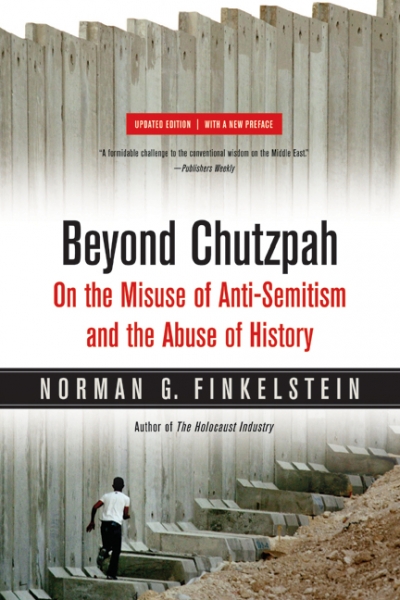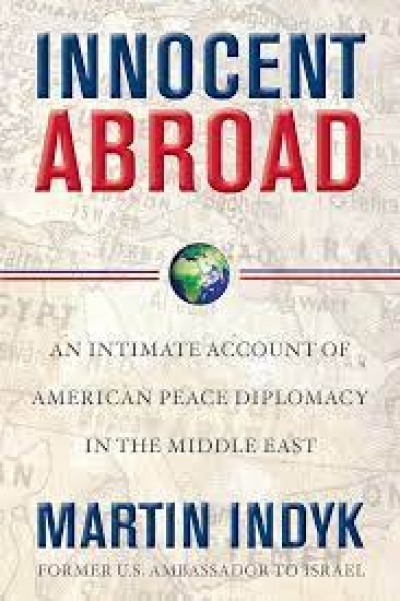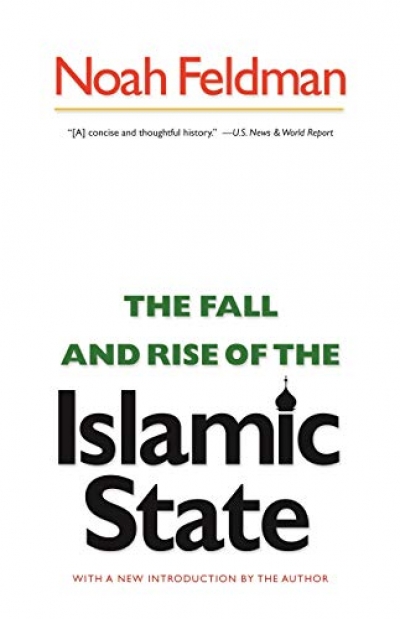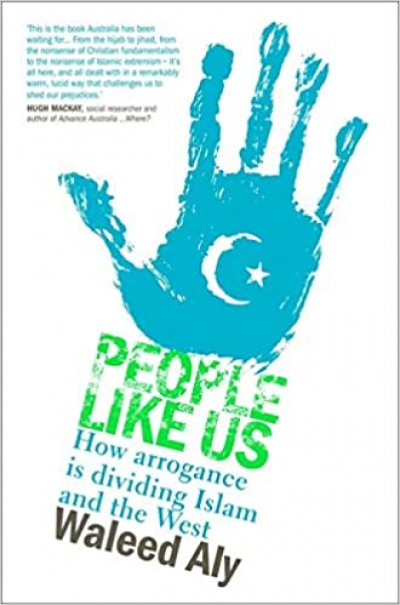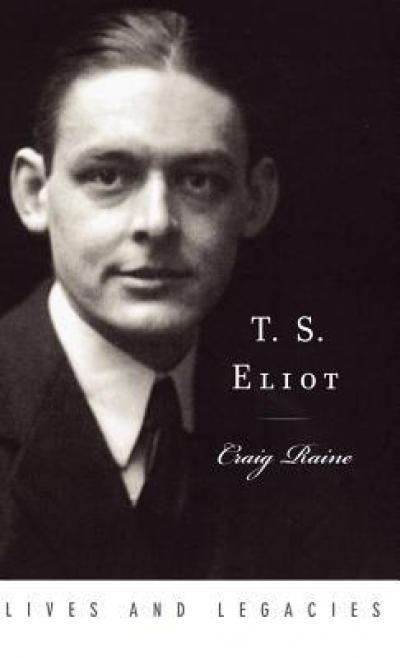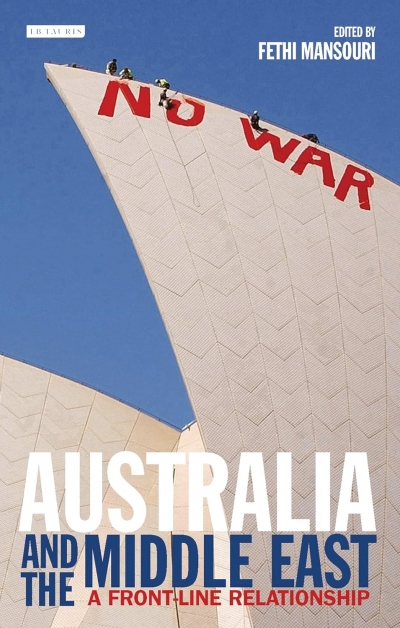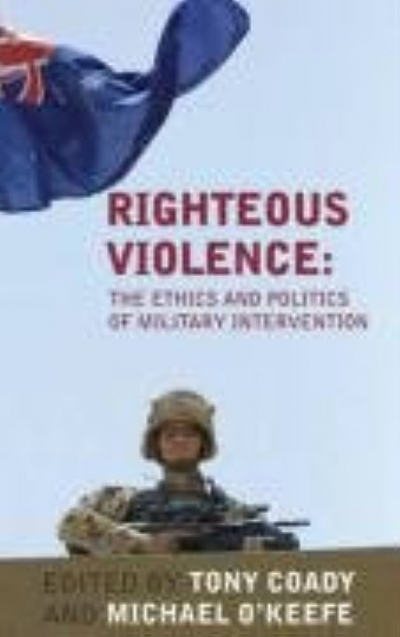Jonathan Pearlman
Beyond Chutzpah by Norman G. Finkelstein & Israel’s Holocaust and the Politics of Nationhood by Idith Zertal
by Jonathan Pearlman •
As with so many of the events that mark Israel’s history, the deadly attack on the Gaza flotilla in late May seemed frustratingly – and tragically – to encapsulate many of the arguments, insecurities, defences, and emotions that swirl around the enduring conflict in the Middle East.
... (read more)Innocent Abroad: An intimate account of American peace diplomacy in the Middle East by Martin Indyk
by Jonathan Pearlman •
Like Us: How arrogance is dividing Islam and the West by Waleed Aly
by Jonathan Pearlman •
Australia and the Middle East: A front-line relationship edited by Fethi Mansouri
by Jonathan Pearlman •
Righteous Violence edited by Tony Coady and Michael O'Keefe & A Matter of Principle edited by Thomas Cushman
by Jonathan Pearlman •

